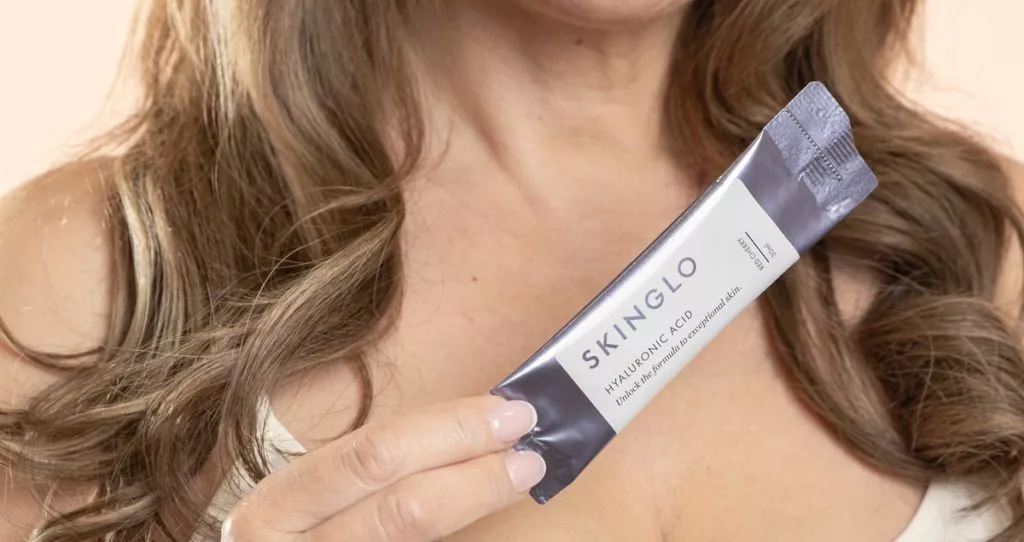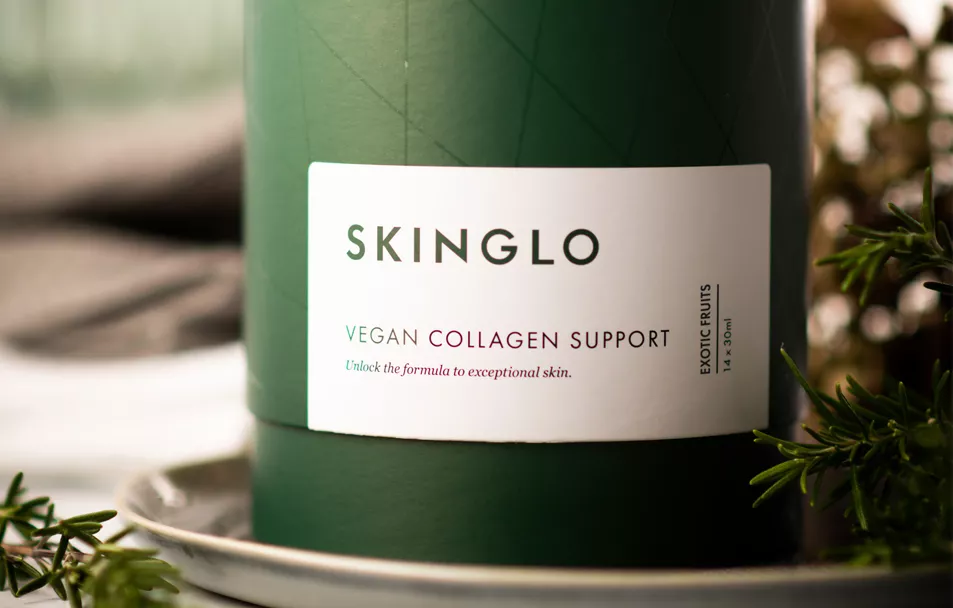Skin Pigmentation – Why it’s important to love our skin that we have
We believe in celebrating the beauty of every individual, embracing the diversity of skin tones, and empowering confidence. That’s why we are proud to support and raise awareness for Hyperpigmentation and Melasma Awareness Month.
Throughout this month, we want to shed light on the challenges faced by those affected by hyperpigmentation and melasma while highlighting the importance of self-care and embracing one’s unique skin journey. We want to provide skincare solutions that cater to the needs of individuals with hyperpigmentation and melasma, offering our expert advice to help them achieve radiant skin.
Hyperpigmentation refers to the darkening of patches or areas of the skin, caused by an overproduction of melanin – the pigment responsible for our skin colour. Melasma, a specific type of hyperpigmentation, often manifests as brown or greyish patches on the face, primarily affecting women. It is commonly triggered by hormonal changes, sun exposure and certain medications.
Let’s look into why it’s important to love our skin
Embracing Diversity
Our skin comes in a countless shades, tones and textures. It’s a reflection of our diverse backgrounds, cultures and heritage. Loving our skin means appreciating and celebrating this beautiful diversity and turning our back on unrealistic beauty standards.
Self-acceptance
Each one of us are born with unique features, including our skin. Learning to love and accept our skin “imperfections and all” is an act of self-love. Embracing our flaws allows us to cultivate a positive self-image, build confidence, and develop a healthy relationship with ourselves.
Promoting body positivity
By embracing our skin, we also contribute to the body positivity movement. We inspire others to accept and appreciate their own skin, fostering a self-love and acceptance culture.
Confidence and Empowerment
Loving our skin enables us to walk with confidence and empowers us to embrace our unique beauty. When we accept ourselves, we radiate a magnetic energy that attracts others and uplifts those around us. Our self-assurance becomes a beacon of inspiration for others on their own self-love journeys.
Skincare with SKINGLO
Rather than striving for unattainable perfection, let’s focus on nourishing and caring for our skin. Our SKINGLO Skin Brightening supplement is the perfect product to adopt into your skincare routine, with a formula that is designed to supports our skin’s health and addresses concerns like hyperpigmentation.
With SKINGLO supplements, we can nurture our skin, promote its natural glow and learn to love the skin we have. We are committed to providing the best skincare solutions along with empowering individuals to embrace their skin’s unique journey. Embrace your skin, celebrate its diversity, and embark on a skincare journey that leads to self-love and empowerment.
Skin Pigmentation – Reasons behind Hyperpigmentation and Expert skincare tips with SKINGLO
Let’s look at a few causes of skin hyperpigmentation:
Sun Exposure
Sunlight plays a crucial role in our skin pigmentation. When our skin is exposed to the sun’s ultraviolet (UV) rays, it triggers the production of melanin as a protective response. As much as we love basking in the sun, its UV rays can be damaging. Prolonged and unprotected sun exposure triggers the production of melanin as a defence mechanism. Over time, this can result in uneven skin pigmentation and the appearance of dark spots. Always shield your skin with sunscreen and protective clothing when stepping outside.
Hormonal Changes
Hormonal fluctuations, such as those experienced during pregnancy or while using certain medications, can stimulate melanin production. This hormonal influence can lead to the development of melasma, making your skin look pigmented. Embrace the beauty of the unique patterns your skin creates.
Skin Inflammation and Trauma
Skin inflammation, such as acne or eczema, and trauma, such as cuts or burns, can cause changes. This is because the healing process can leave behind traces of hyper-pigmentation. The skin produces excess melanin as it repairs itself, resulting in dark spots or patches. Treat your skin gently and avoid picking or popping pimples to reduce the risk of post-inflammatory hyperpigmentation.
Genetics
If we learn to understand the causes of skin pigmentation, this can help us appreciate the incredible diversity of individuality and appearance. Our skin is influenced by a complex interplay of genetics, melanin levels, sun exposure, hormonal changes and even our personal experiences. It’s a testament to our unique identities and cultural background so instead of focusing on societal expectations or beauty standards, let’s look after our skin correctly and celebrate the richness of our diverse skin tones and its unique blemishes and pigmentations.








